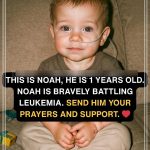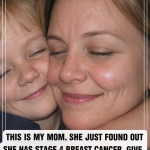The Woman Who Held Their Hands: Ruth Coker Burks and the Forgotten Heroes of the AIDS Crisis
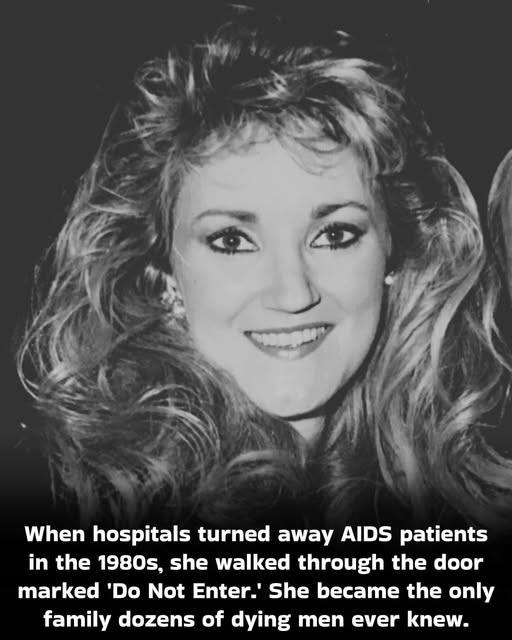
The Woman Who Held Their Hands: Ruth Coker Burks and the Forgotten Heroes of the AIDS Crisis
In the early 1980s, as the AIDS epidemic swept through America, fear and stigma proved as deadly as the virus itself. In hospitals across the country, patients were isolated, neglected, and left to die alone. But in a small town in Arkansas, one woman refused to look away.
Her name was Ruth Coker Burks.
In 1984, Ruth was a 25-year-old single mother from Hot Springs, visiting a friend at a hospital in Little Rock when she noticed something unusual — a room sealed with red tape and a sign that read “Do Not Enter.” Curious and concerned, she asked about it. The nurses whispered that inside was “one of them” — a man dying of AIDS. No one, not even the hospital staff, would go inside.
Ruth did.
Inside, she found a young man, later known as Jimmy, emaciated and alone. His body weighed barely 100 pounds, his face sunken, his spirit fading. When Ruth approached, he looked up and asked for his mother.
She tried to find her. But when Ruth reached the woman by phone, her response was chilling: “He died to me when he turned homosexual.” Then she hung up.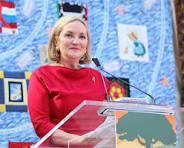
Ruth went back to Jimmy’s room. She sat by his bedside and took his hand — the hand no one else would touch, the hand that his own family had forsaken. For thirteen hours, she stayed there, talking softly until he took his final breath.
That night changed Ruth’s life forever.
Word began to spread across Arkansas’s small, frightened gay community: there was a woman in Hot Springs who wasn’t afraid, who would care for those everyone else had abandoned. Soon, more men came — or rather, Ruth found them. In hospitals, in makeshift hospices, in quiet corners of fear and shame, she became their caretaker, their advocate, their family.
With no medical training and little money, Ruth buried more than 40 men with her own hands, using family land she inherited because local cemeteries refused to accept AIDS victims. She comforted hundreds more, writing to their families, arranging funerals, holding hands that no one else would hold.
At a time when government aid was nonexistent and ignorance was rampant, Ruth Coker Burks became a lifeline — not just to the dying, but to a community starving for compassion.
“I just couldn’t let them die alone,” she once said. “Everybody deserves to be loved at least once in their life.”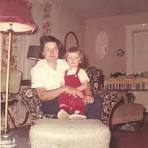
Today, her story stands as a testament to courage, empathy, and the quiet heroism of one woman who defied fear with love — proving that even in the darkest chapters of history, humanity can still shine.
Would you like me to continue this into a feature-length article (with her later activism and recognition) or keep it as this short magazine-style piece?









